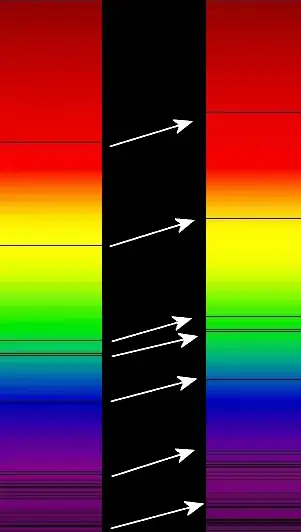From a very amateur astronomer seeking enlightenment: I often read that "red shift" proves the universe is expanding and that the farther away the source, the more red-shifted and therefore the faster it's moving away from us. The analogy with the Doppler effect is striking. But the logical consequences seem heavy and absurd, so another solution would be attractive.
Enter the "dark matter" theory. We seem to know next to nothing about DM, other than it's ubiquitous and massive in total while the individual particles are too tiny and/or aloof to be visible.
Considering how little we know about DM, how do we know it does not occasionally absorb a little bit of blue from a passing photon?
The word "absorb" may be misleading here; perhaps the process is more like reflection. In that case, would it not be logical for red shifting to be more pronounced the further away the source was, but with no implication that anything is expanding?
Can somebody explain why this theory is impossible? And if it's even remotely possible, wouldn't Occam's Razor prefer it to the popular idea of the expanding universe?
